Home>Furniture & Design>Interior Design Trends>What Is A Pier Glass
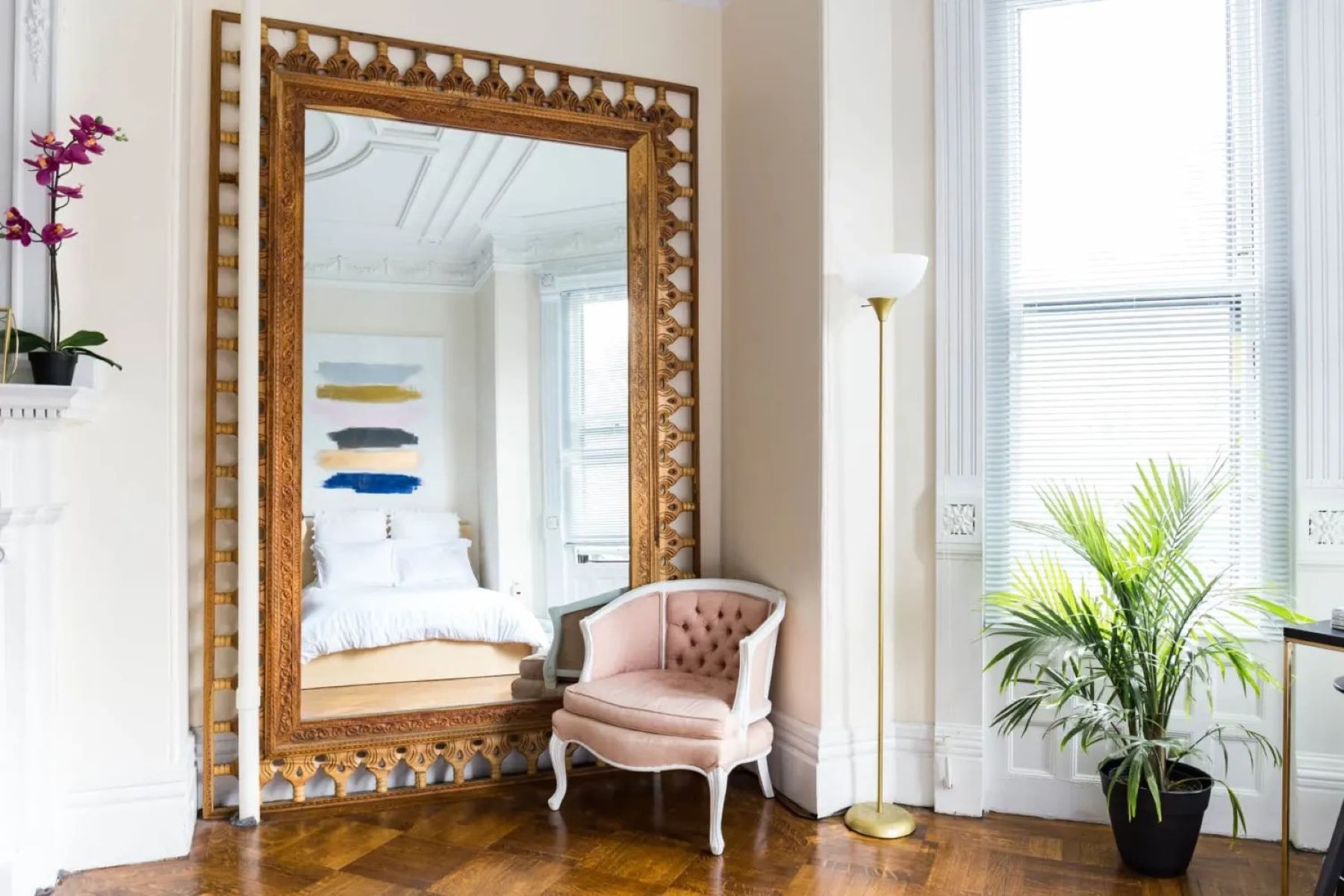

Interior Design Trends
What Is A Pier Glass
Modified: August 27, 2024
Discover the latest interior design trends with our guide to pier glass, a timeless and elegant addition to any home. Explore how to incorporate this classic piece into your decor.
(Many of the links in this article redirect to a specific reviewed product. Your purchase of these products through affiliate links helps to generate commission for Storables.com, at no extra cost. Learn more)
Introduction
Pier glass, a term that evokes images of elegance and sophistication, is a timeless element in interior design. This exquisite piece of decor has the power to transform a space, adding depth, light, and a touch of grandeur. Whether you're a design enthusiast or simply seeking to elevate your living space, understanding the allure and versatility of pier glass is essential.
The allure of pier glass lies in its ability to serve as a focal point, drawing the eye and reflecting the beauty of its surroundings. This ornate mirror, often framed by intricate designs and embellishments, exudes a sense of opulence and refinement. Its presence can elevate the aesthetic appeal of any room, creating an atmosphere of luxury and charm.
As we delve into the world of pier glass, we'll explore its rich history, delve into its defining characteristics, and uncover the various types that grace homes and establishments. Additionally, we'll discuss the practical uses of pier glass, offering insights into how this timeless piece can enhance both the aesthetic and functionality of a space.
Join us on a journey through the fascinating realm of pier glass, where tradition meets modernity, and where the reflection of beauty knows no bounds.
Key Takeaways:
- Pier glass mirrors, with their ornate frames and reflective elegance, have a timeless allure that enhances any space, creating a sense of luxury and sophistication.
- From Rococo to modern designs, pier glass mirrors offer versatile uses, such as amplifying natural light and creating the illusion of space, making them indispensable in interior design.
Read more: What Are Piers In Construction
History of Pier Glass
The history of pier glass can be traced back to the 17th century, a time when mirrors were considered luxury items, reserved for the elite and aristocratic. The term "pier glass" originated from the practice of placing these grand mirrors on the piers between windows, where they would catch and reflect natural light, illuminating the room and creating an illusion of spaciousness.
During the 18th century, pier glass mirrors experienced a surge in popularity, particularly in England and France. Crafted by skilled artisans, these mirrors were adorned with ornate frames, often featuring intricate carvings, gilding, and elaborate motifs. The opulent designs of pier glass mirrors became synonymous with the grandeur and elegance of the Rococo and Neoclassical periods, adorning the palaces and stately homes of the era.
In the 19th century, the Industrial Revolution brought about advancements in mirror production, making pier glass mirrors more accessible to the burgeoning middle class. This led to a democratization of luxury, allowing a wider demographic to incorporate these exquisite mirrors into their homes.
The evolution of pier glass mirrors continued into the 20th century, with Art Deco and Art Nouveau movements influencing their designs. The sleek lines, geometric patterns, and bold colors of these periods brought a modern twist to the traditional pier glass, catering to evolving tastes while retaining its timeless allure.
Today, pier glass mirrors continue to captivate with their fusion of history, artistry, and functionality. They are cherished as heirlooms, sought-after antiques, and contemporary statement pieces, seamlessly blending into diverse interior styles while preserving their legacy of elegance and grandeur.
The history of pier glass mirrors is a testament to their enduring appeal and their ability to transcend time, enriching spaces with their reflective beauty and historical significance.
Characteristics of Pier Glass
Pier glass mirrors are renowned for their distinctive characteristics, each contributing to their timeless allure and functional versatility. These defining features set pier glass mirrors apart, making them a captivating addition to any interior space.
-
Ornate Frames: Pier glass mirrors are distinguished by their ornate frames, which often showcase intricate carvings, gilding, and elaborate motifs. These embellishments add a touch of opulence and grandeur, elevating the mirror from a mere reflective surface to a work of art. The frames may draw inspiration from various design movements, such as Rococo, Neoclassical, Art Deco, or Art Nouveau, reflecting the aesthetic sensibilities of their respective eras.
-
Generous Proportions: Pier glass mirrors are typically larger than standard wall mirrors, commanding attention and becoming a focal point in any room. Their generous proportions allow them to create a sense of space and openness, making them ideal for enhancing the visual appeal of interiors. The expansive reflective surface of a pier glass mirror can brighten a room, amplify natural light, and create the illusion of depth, making it a versatile and impactful design element.
-
Reflective Elegance: The reflective surface of a pier glass mirror exudes elegance and sophistication, capturing and amplifying the beauty of its surroundings. Whether placed in a living room, bedroom, or hallway, the mirror's ability to reflect light and space adds a touch of luxury to the environment. The mirror's reflective elegance can enhance the ambiance of a room, creating a captivating interplay of light and shadow.
-
Versatile Placement: Pier glass mirrors are designed for versatile placement, often adorning the walls between windows or serving as a statement piece above a console table or fireplace. Their versatility allows them to complement various interior styles, from traditional and vintage to modern and eclectic. Whether used as a standalone accent or as part of a curated gallery wall, pier glass mirrors effortlessly integrate into diverse design schemes, adding a touch of timeless sophistication.
-
Timeless Appeal: The enduring appeal of pier glass mirrors lies in their timeless design and ability to transcend trends. Their classic aesthetic ensures that they remain relevant and captivating across generations, making them a cherished and enduring element in interior decor.
The characteristics of pier glass mirrors encapsulate their allure, functionality, and enduring charm, making them a captivating and versatile addition to any living space.
Uses of Pier Glass
Pier glass mirrors serve a multitude of purposes, extending beyond their traditional function as reflective surfaces. Their versatility and aesthetic appeal make them indispensable elements in interior design, enriching spaces with both visual and practical benefits.
Enhancing Natural Light
One of the primary uses of pier glass mirrors is their ability to amplify natural light within a room. Placing a pier glass mirror strategically opposite a window allows it to reflect incoming sunlight, effectively brightening the space and creating a sense of airiness. This not only enhances the overall ambiance but also contributes to energy efficiency by reducing the need for artificial lighting during daylight hours.
Read more: How Many Piers For Shed Foundation
Creating Illusion of Space
Pier glass mirrors are adept at creating the illusion of expanded space. Their generous proportions and reflective surfaces can visually double the perceived size of a room, making them an invaluable tool in smaller or more confined spaces. By strategically positioning pier glass mirrors, interior designers can manipulate the perception of depth and openness, transforming cramped areas into visually expansive and inviting environments.
Focal Point and Decorative Accent
Beyond their functional benefits, pier glass mirrors serve as captivating focal points and decorative accents within interior spaces. Their ornate frames and reflective elegance draw attention, becoming statement pieces that elevate the aesthetic appeal of any room. Whether adorning a feature wall or positioned above a mantelpiece, pier glass mirrors infuse spaces with a touch of sophistication and timeless charm, becoming conversation pieces that reflect the homeowner's discerning taste.
Reflecting Art and Architecture
Pier glass mirrors have the unique ability to reflect and showcase surrounding art and architectural elements. Placing a pier glass mirror opposite a captivating artwork or architectural detail allows it to serve as a complementary backdrop, amplifying the visual impact of the displayed pieces. This creates a harmonious interplay between the mirror and its surroundings, enhancing the overall visual composition of the space.
Functional Utility
In addition to their decorative and aesthetic uses, pier glass mirrors also offer functional utility. They provide a convenient spot for individuals to check their appearance before heading out, serving as elegant dressing mirrors in bedrooms or entryways. Furthermore, their reflective surfaces can be utilized to visually expand the presence of decorative elements, such as floral arrangements or sculptural pieces, adding depth and dimension to interior vignettes.
In essence, the uses of pier glass mirrors extend far beyond mere reflection, encompassing a spectrum of functional, aesthetic, and spatial-enhancing roles within interior design. Their versatility and timeless appeal make them indispensable elements in creating visually captivating and inviting living spaces.
Read more: How To Build Pier And Beam Foundation
Types of Pier Glass
Pier glass mirrors encompass a diverse array of types, each distinguished by unique design elements, historical influences, and aesthetic characteristics. Understanding the various types of pier glass mirrors is essential for discerning interior enthusiasts and design aficionados seeking to incorporate these timeless pieces into their living spaces.
-
Rococo Pier Glass: Reflecting the opulence and exuberance of the Rococo era, these pier glass mirrors are characterized by elaborate gilded frames, intricate carvings, and ornate flourishes. The asymmetrical and whimsical motifs typical of Rococo design adorn these mirrors, exuding a sense of grandeur and luxury.
-
Neoclassical Pier Glass: Inspired by the classical art and architecture of ancient Greece and Rome, Neoclassical pier glass mirrors feature restrained elegance and symmetrical designs. Their frames often showcase motifs such as laurel wreaths, urns, and architectural elements, embodying a sense of timeless sophistication and refinement.
-
Art Deco Pier Glass: Embracing the bold geometric forms and sleek lines of the Art Deco movement, these pier glass mirrors exude a modern and glamorous aesthetic. Characterized by angular shapes, stepped patterns, and luxurious materials such as chrome and black lacquer, Art Deco pier glass mirrors add a touch of avant-garde elegance to interior spaces.
-
Art Nouveau Pier Glass: Drawing inspiration from natural forms and flowing lines, Art Nouveau pier glass mirrors exhibit organic motifs such as floral patterns, whiplash curves, and asymmetrical designs. These mirrors capture the essence of the Art Nouveau movement, infusing spaces with a sense of romanticism and artistic allure.
-
Antique Pier Glass: Antique pier glass mirrors encompass a wide range of styles and designs, reflecting the craftsmanship and aesthetic sensibilities of their respective eras. From Baroque extravagance to Victorian elegance, antique pier glass mirrors serve as captivating relics of bygone times, offering a glimpse into the decorative arts of different historical periods.
-
Modern Pier Glass: Contemporary interpretations of pier glass mirrors embrace minimalist sophistication, clean lines, and understated elegance. These mirrors often feature sleek frames, unadorned surfaces, and a focus on functionality, catering to modern interior aesthetics while retaining the timeless allure of pier glass design.
Understanding the diverse types of pier glass mirrors allows individuals to align these exquisite pieces with their personal preferences, interior styles, and design aspirations. Whether seeking to evoke the grandeur of a bygone era or infuse a space with contemporary elegance, the myriad types of pier glass mirrors offer a wealth of options for creating visually captivating and luxurious interiors.
How to Choose a Pier Glass
When selecting a pier glass for your living space, several key considerations can guide you toward finding the perfect mirror to complement your interior design vision. The process of choosing a pier glass involves a thoughtful evaluation of various factors, ranging from the mirror's size and style to its placement within the room. By navigating these considerations, you can ensure that the chosen pier glass not only enhances the aesthetic appeal of your space but also aligns with your personal preferences and functional requirements.
Consider the Room's Aesthetic
Begin by considering the overall aesthetic of the room where the pier glass will be placed. Take into account the existing decor, color scheme, and design elements. If the room features traditional or vintage-inspired furnishings, a Rococo or Neoclassical pier glass with ornate gilded frames may harmonize seamlessly with the surroundings. For modern or minimalist interiors, a sleek and understated modern pier glass may offer a complementary touch of elegance.
Evaluate Proportions and Placement
Assess the available wall space and the desired placement of the pier glass within the room. Consider the proportions of the mirror in relation to the wall and surrounding furniture. A larger pier glass can create a striking focal point, while a smaller mirror may serve as a subtle accent. Additionally, contemplate the mirror's placement between windows, above a console table, or as part of a gallery wall to determine the most impactful positioning.
Read more: How To Repair Pier And Beam Foundation
Reflect on Frame Design
The design of the pier glass frame plays a pivotal role in defining its visual impact. Deliberate on the intricacy of the frame's embellishments, the choice of materials, and the overall style. Whether you prefer the lavish detailing of a Rococo mirror, the geometric allure of an Art Deco design, or the organic motifs of an Art Nouveau piece, the frame design should resonate with your aesthetic sensibilities and complement the room's decor.
Harmonize with Interior Style
Ensure that the chosen pier glass harmonizes with the overall interior style of the room. Whether your space exudes classic elegance, contemporary chic, or eclectic charm, the pier glass should seamlessly integrate into the existing design narrative. By aligning the mirror's style with the overarching interior aesthetic, you can create a cohesive and visually captivating environment.
Reflect Your Personal Taste
Ultimately, the selection of a pier glass should reflect your personal taste and design preferences. Consider the emotional response elicited by different mirror styles and designs. Whether you are drawn to the timeless allure of antique pier glass or the modern sophistication of contemporary designs, prioritize a mirror that resonates with your individual aesthetic inclinations.
By navigating these considerations with a discerning eye, you can confidently choose a pier glass that not only enhances the visual allure of your living space but also becomes a cherished reflection of your unique design sensibilities.
Maintenance and Care of Pier Glass
Proper maintenance and care are essential for preserving the timeless allure and pristine condition of pier glass mirrors. By implementing regular upkeep and employing gentle cleaning techniques, you can ensure that these exquisite pieces continue to enhance your living space with their reflective elegance for years to come.
Dusting and Cleaning
Regular dusting is crucial for keeping pier glass mirrors free from debris and maintaining their lustrous appearance. Use a soft, lint-free cloth or a microfiber duster to gently remove dust and particles from the mirror's surface and frame. Avoid using abrasive materials or harsh chemicals, as these can damage the delicate finish of the mirror.
When cleaning the mirror, opt for a mild glass cleaner or a solution of warm water and vinegar. Spray the cleaning solution onto the cloth rather than directly onto the mirror to prevent excess moisture from seeping into the frame. Wipe the mirror in a gentle, circular motion, ensuring thorough coverage while being mindful of any intricate details on the frame.
Frame Maintenance
In addition to caring for the reflective surface, it's essential to pay attention to the frame of the pier glass. Depending on the material and finish of the frame, specific maintenance techniques may be required. For gilded or ornately carved frames, periodic inspection and touch-up of any worn or chipped areas may be necessary to preserve the mirror's aesthetic appeal.
If the pier glass features wooden elements, consider using a high-quality wood polish or conditioner to maintain the luster and integrity of the frame. Be cautious not to allow excess polish to come into contact with the mirror's surface, as this can lead to unsightly smudges or streaks.
Protection from Environmental Factors
Shielding pier glass mirrors from direct sunlight and excessive humidity is vital for preventing damage and preserving their pristine condition. Prolonged exposure to sunlight can cause fading and deterioration of the frame's finish, while high humidity levels may lead to moisture damage and unsightly spots on the mirror's surface.
Consider positioning the pier glass in a location that minimizes exposure to direct sunlight and fluctuations in humidity. Additionally, using curtains or blinds to regulate light exposure can help safeguard the mirror from the adverse effects of UV rays.
Professional Maintenance
For antique or intricately designed pier glass mirrors, seeking professional maintenance and restoration services may be advisable. Experienced craftsmen and restorers can provide specialized care, including frame restoration, gilding touch-ups, and mirror resilvering, to ensure that these timeless pieces retain their original splendor.
By incorporating these maintenance and care practices into your routine, you can safeguard the beauty and longevity of pier glass mirrors, allowing them to continue enchanting your living space with their reflective allure and timeless elegance.
Read more: What Is Glass Used For
Conclusion
In conclusion, the allure of pier glass mirrors transcends time, weaving together a rich tapestry of history, artistry, and functional elegance. From their origins as symbols of opulence and luxury in the grand palaces of centuries past to their enduring presence as captivating design elements in modern interiors, pier glass mirrors continue to captivate with their reflective allure and timeless charm.
The journey through the world of pier glass mirrors has unveiled their multifaceted nature, encompassing ornate frames, generous proportions, and a reflective elegance that enhances the ambiance of any space. These mirrors serve as versatile tools for amplifying natural light, creating the illusion of space, and adding a touch of sophistication to interior settings. Their ability to reflect art, architecture, and personal style makes them indispensable elements in the realm of interior design.
Understanding the diverse types of pier glass mirrors, from Rococo and Neoclassical to Art Deco and modern interpretations, empowers individuals to align these exquisite pieces with their personal preferences and interior aspirations. Whether seeking to evoke the grandeur of a bygone era or infuse a space with contemporary elegance, the myriad types of pier glass mirrors offer a wealth of options for creating visually captivating and luxurious interiors.
The process of choosing a pier glass involves a thoughtful evaluation of factors such as the room's aesthetic, proportions, frame design, and personal taste. By navigating these considerations with a discerning eye, individuals can select a mirror that not only enhances the visual allure of their living space but also becomes a cherished reflection of their unique design sensibilities.
Furthermore, the maintenance and care of pier glass mirrors are essential for preserving their pristine condition and reflective luster. By implementing regular upkeep and employing gentle cleaning techniques, these exquisite pieces can continue to enrich living spaces with their timeless elegance for generations to come.
In essence, pier glass mirrors stand as timeless testaments to the enduring marriage of art and functionality. Their reflective allure, ornate frames, and versatile uses make them indispensable elements in creating visually captivating and inviting living spaces. As we continue to cherish and celebrate the legacy of pier glass mirrors, their timeless elegance will continue to cast a captivating reflection on the ever-evolving landscape of interior design.
Frequently Asked Questions about What Is A Pier Glass
Was this page helpful?
At Storables.com, we guarantee accurate and reliable information. Our content, validated by Expert Board Contributors, is crafted following stringent Editorial Policies. We're committed to providing you with well-researched, expert-backed insights for all your informational needs.
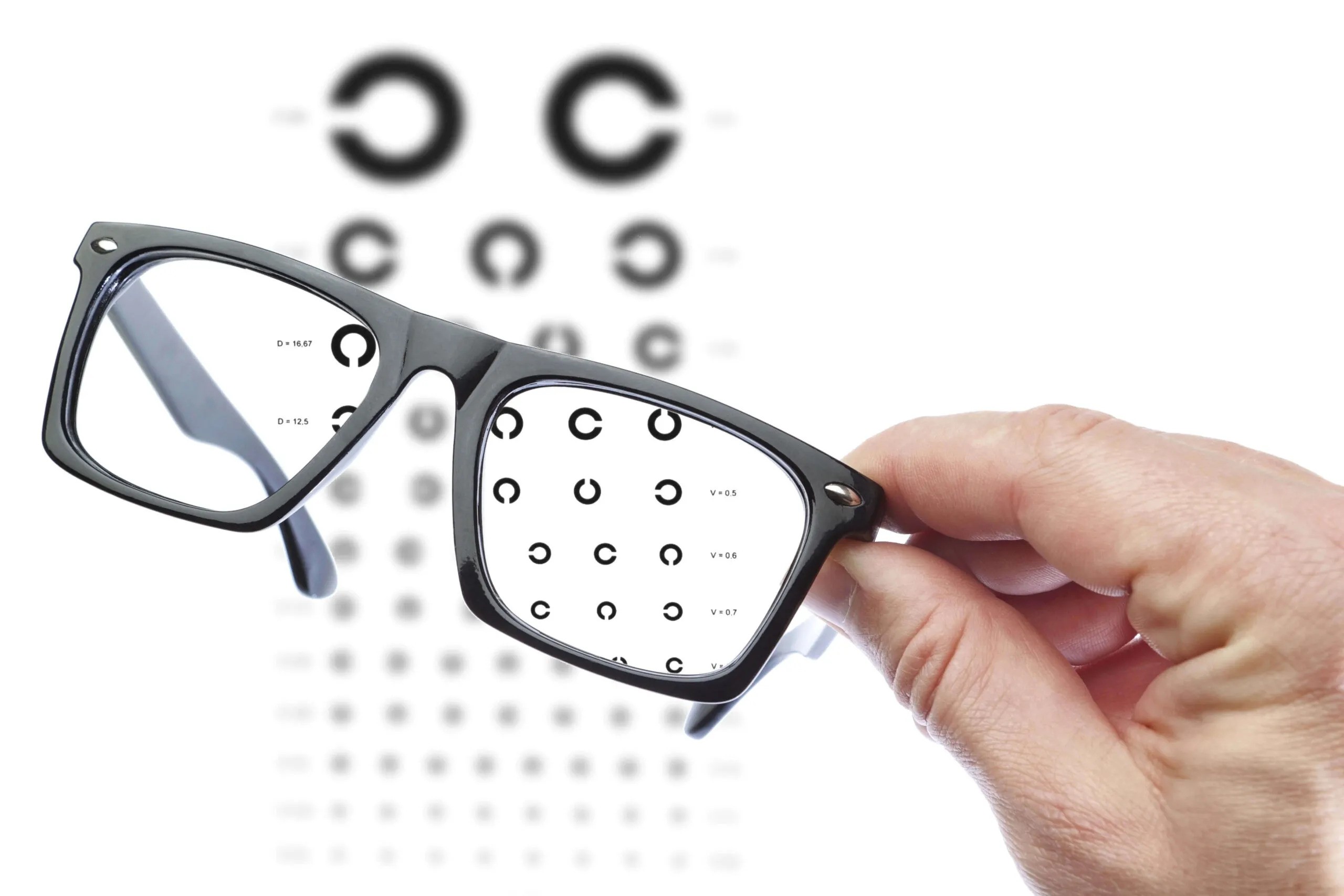
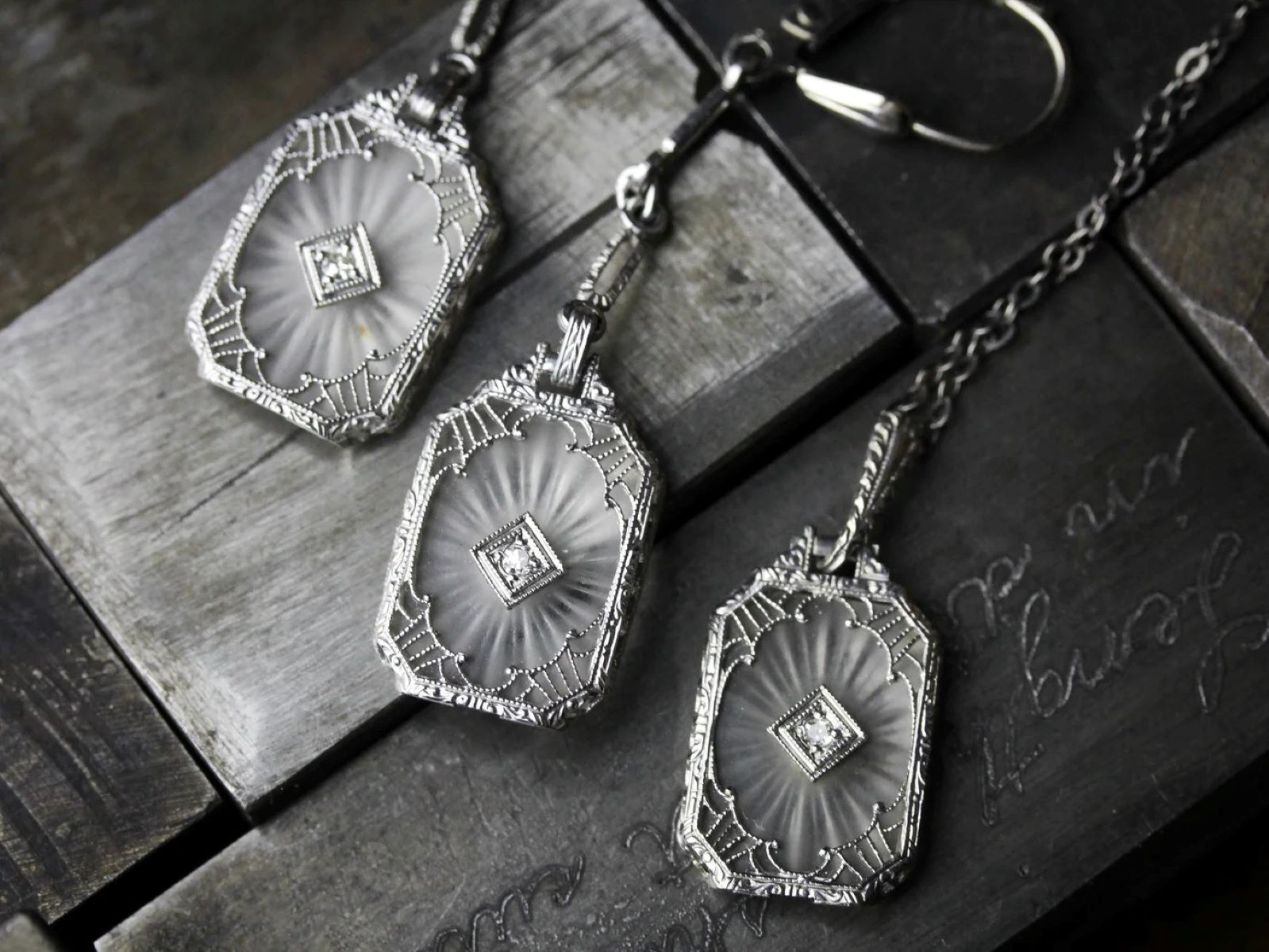
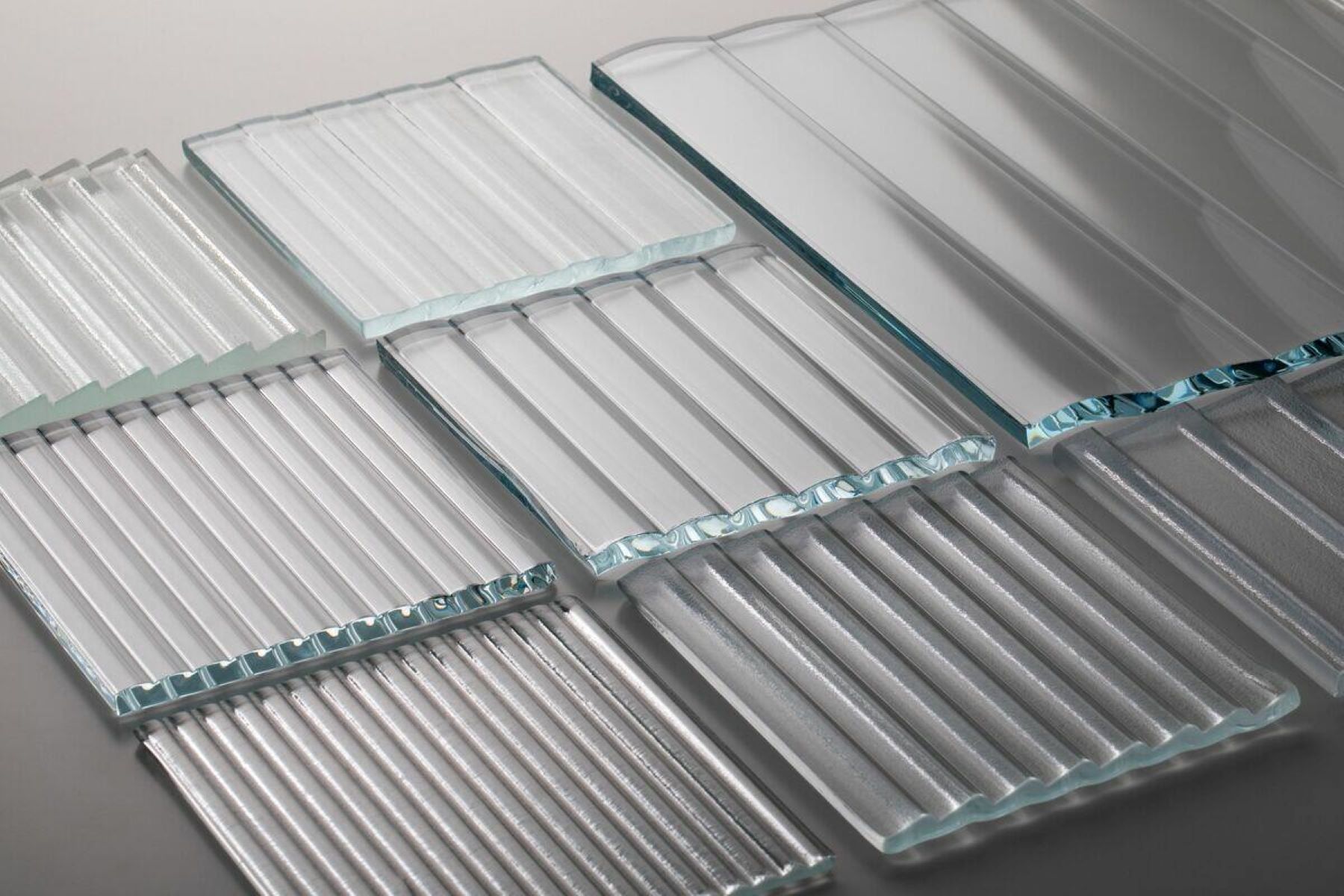
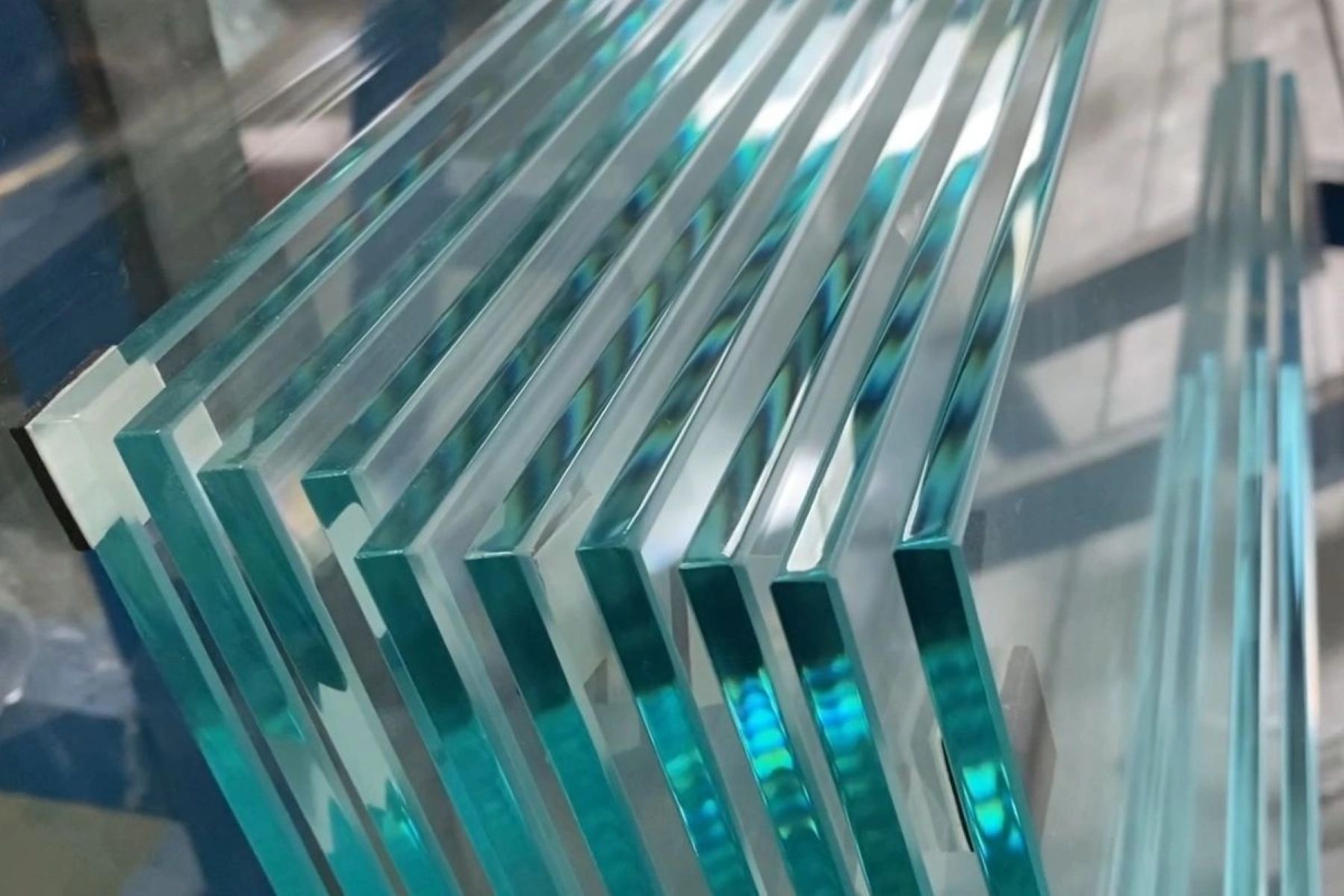

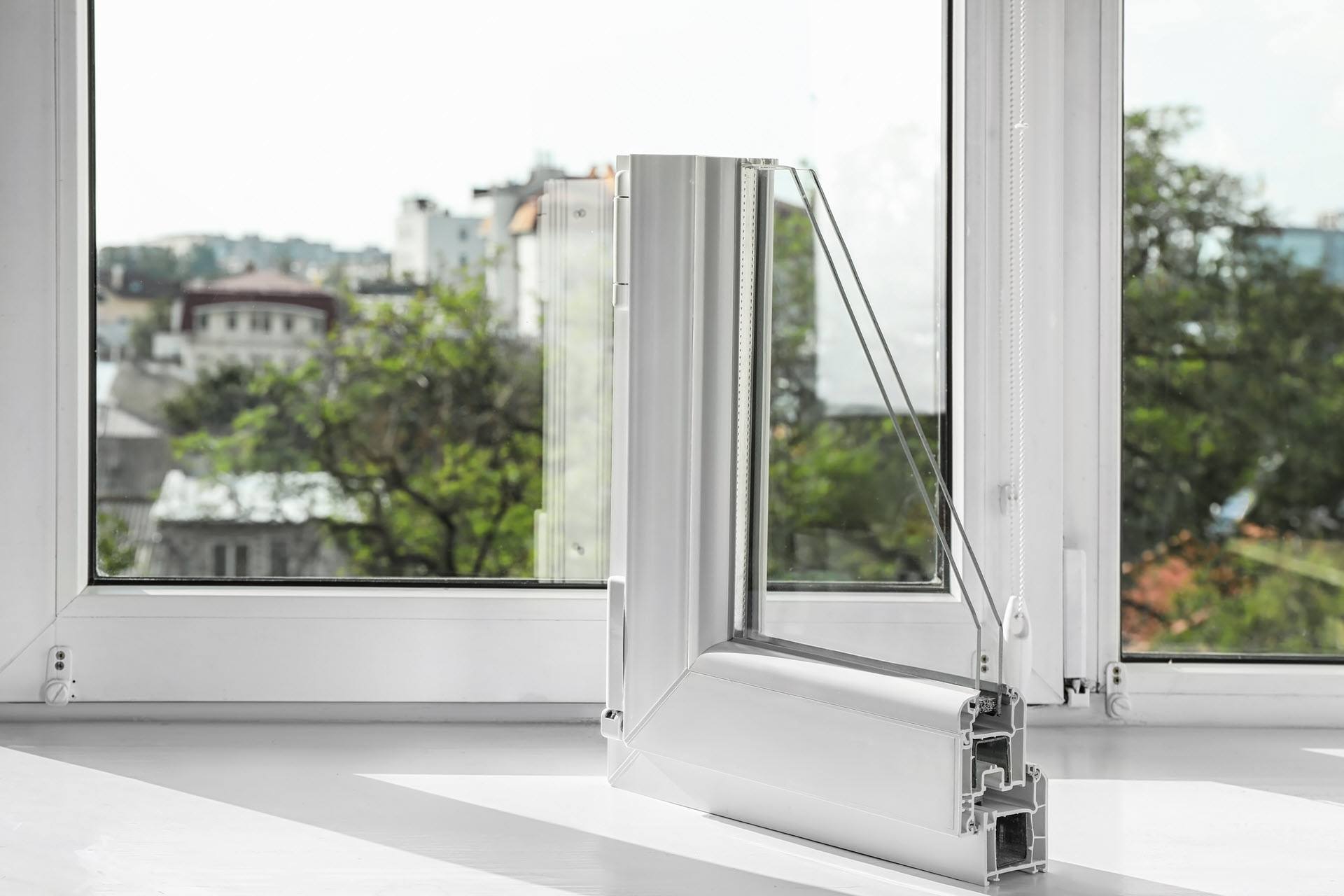

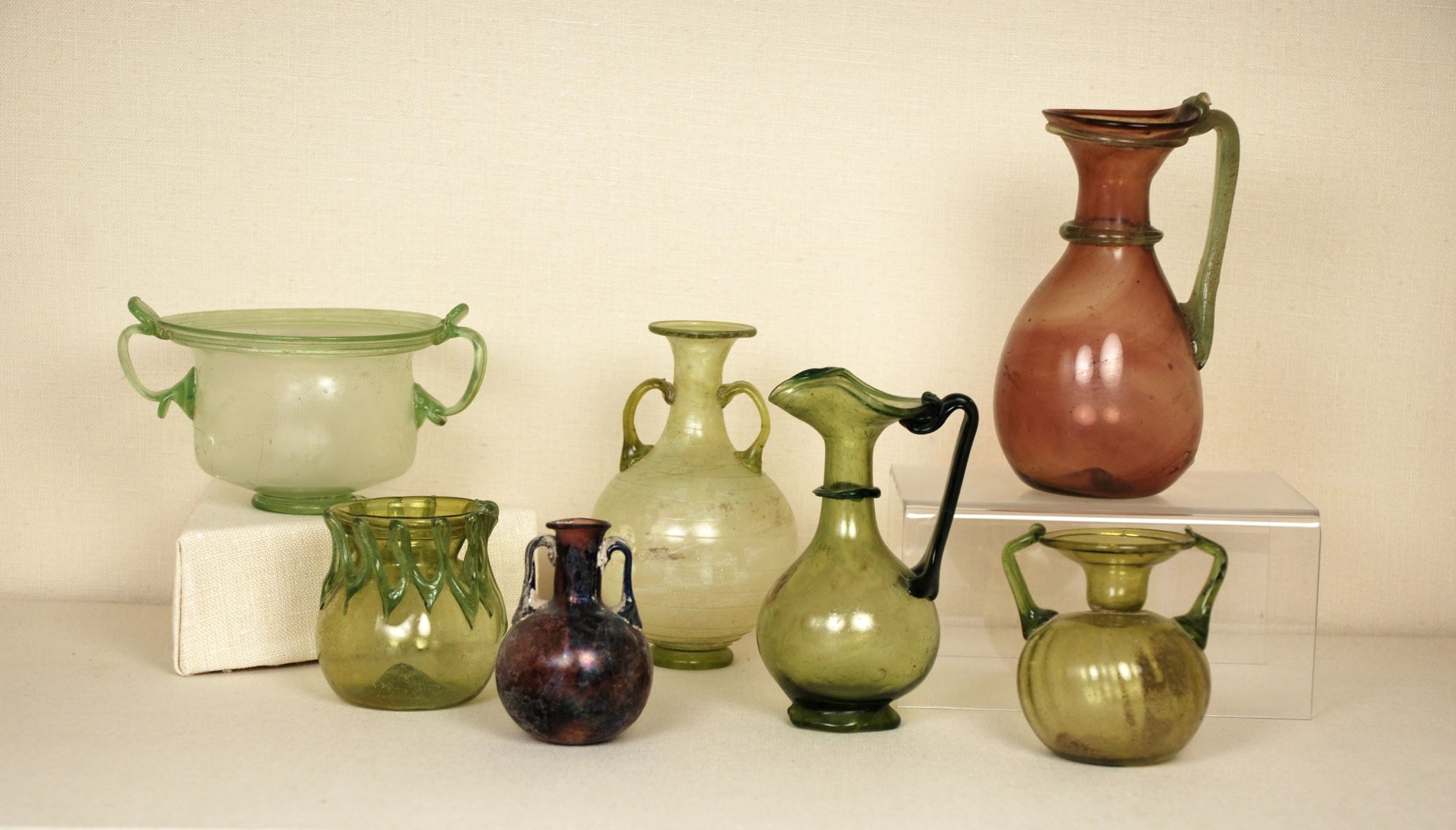
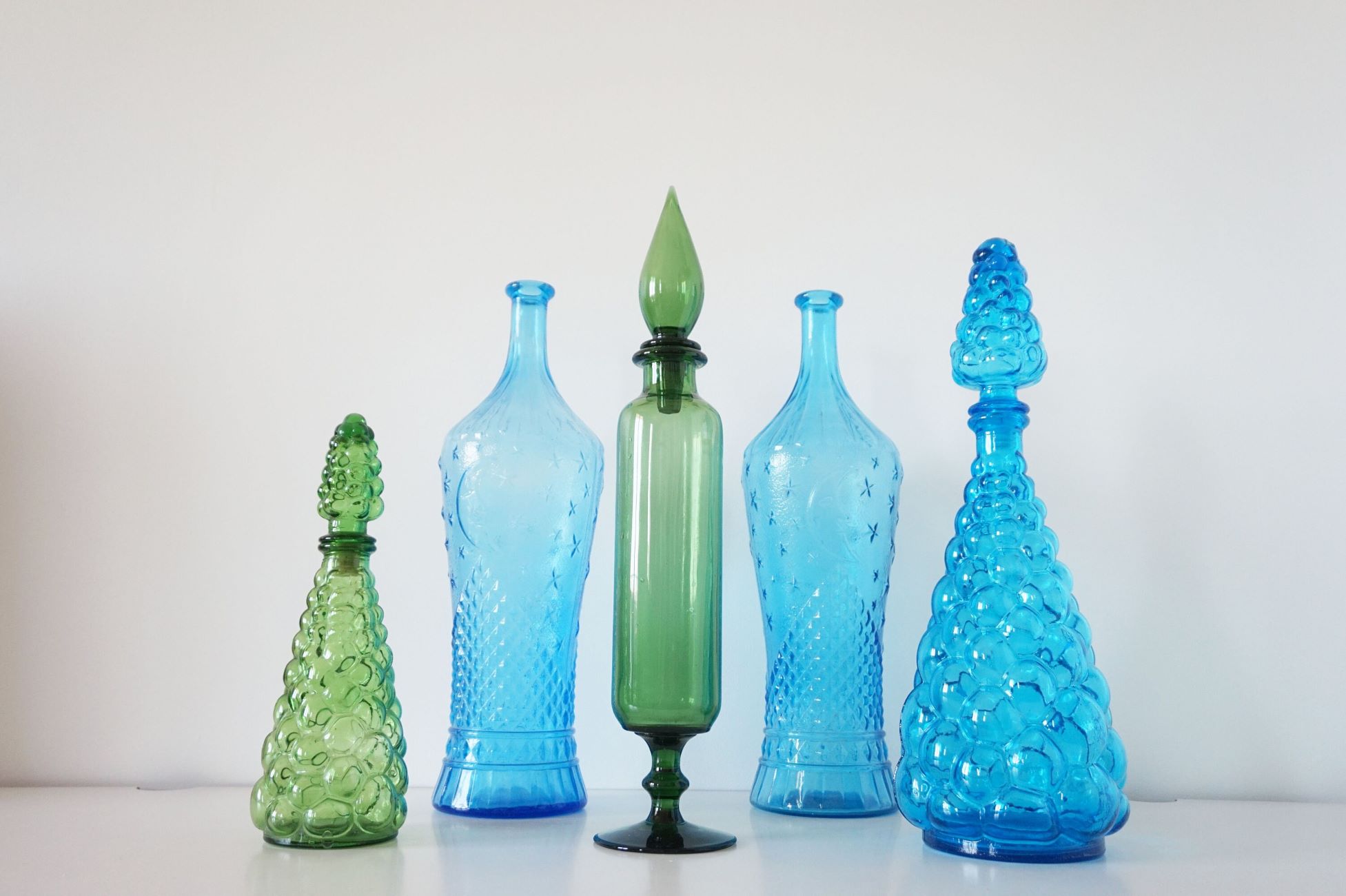
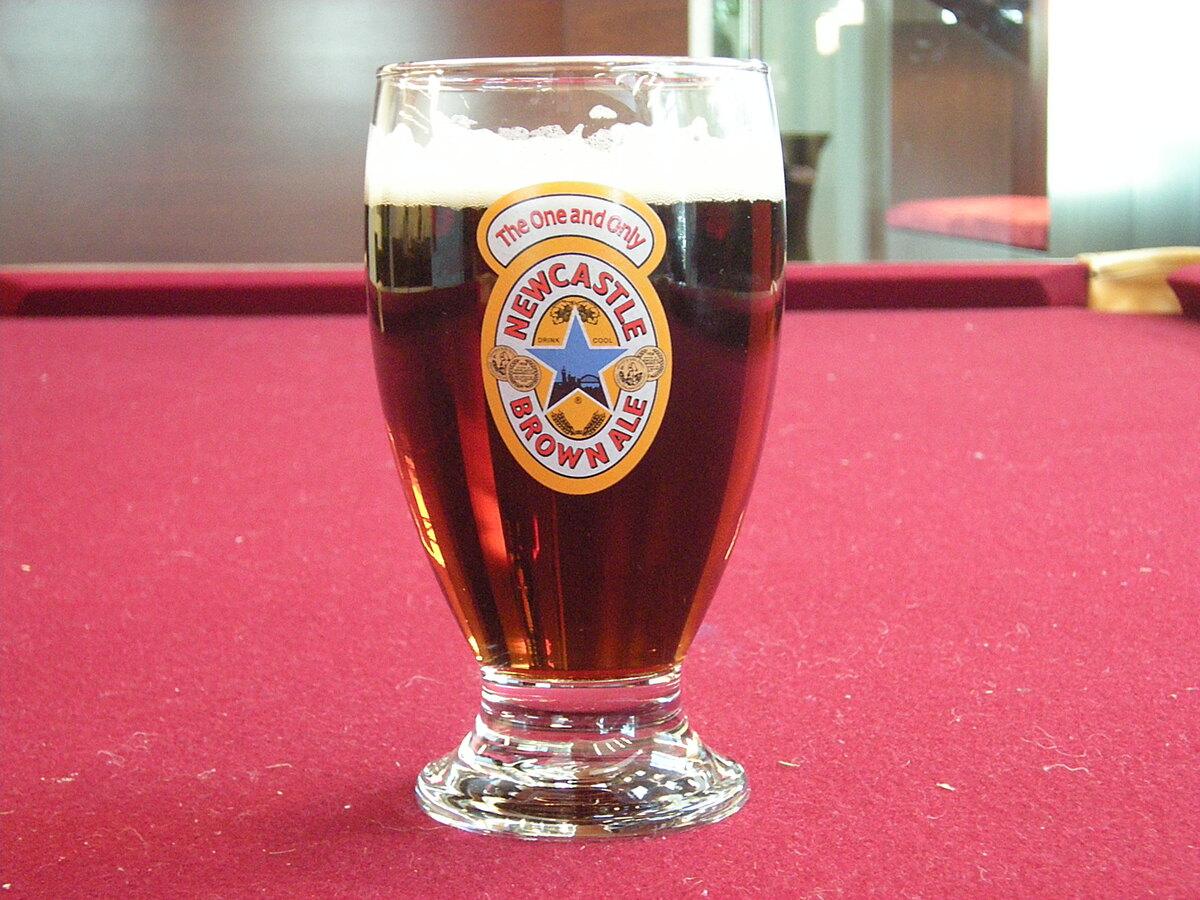

0 thoughts on “What Is A Pier Glass”